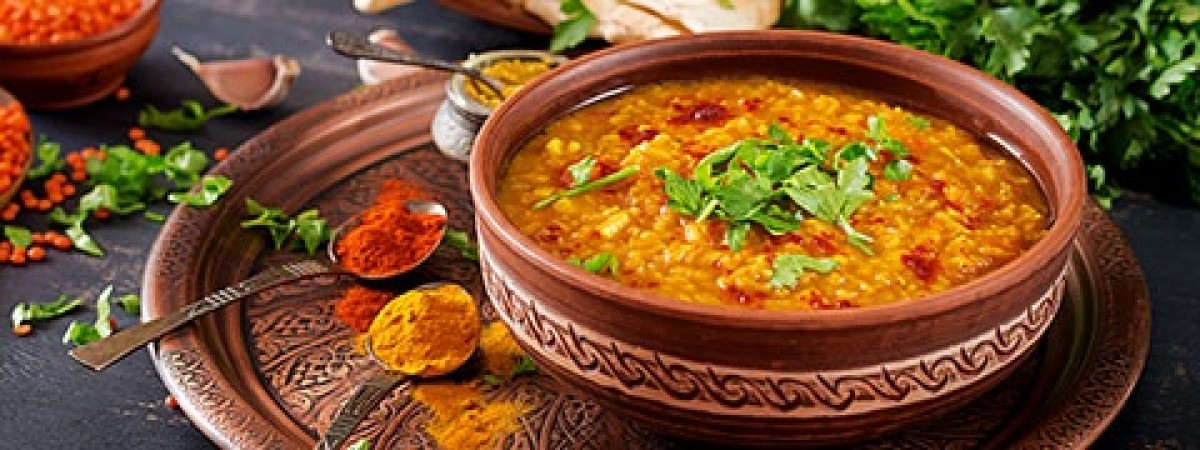
Pressure cooking is a widely embraced method for preparing dal, known for its efficiency and time-saving benefits. However, the rapid cooking process involves subjecting the dal to high pressure and temperature, prompting concerns about the potential impact on its nutritional composition.
The fundamental question arises: does the speed of pressure cooking compromise the retention of essential nutrients in dal? The expedited cooking time may lead to the breakdown of certain vitamins and minerals, raising concerns about the overall nutritional value of the prepared dish. This prompts us to delve deeper into the trade-off between convenience and health benefits.
One crucial aspect of pressure cooking is the Maillard reaction, a chemical reaction between amino acids and reducing sugars that gives browned foods their characteristic flavor. While this reaction enhances the taste and appearance of the dal, it also raises questions about the formation of potentially harmful compounds. Are we inadvertently exposing ourselves to risks associated with these compounds in our quest for flavorful meals?
Another concern linked to high-temperature cooking methods is the formation of acrylamide. This compound, known to develop in starchy foods exposed to intense heat, has been associated with various health issues. The question that arises is whether the convenience of pressure cooking justifies the potential hazards associated with acrylamide intake.
Pressure cooking accelerates the softening of dal, leading to a quicker breakdown of carbohydrates. This process may result in an elevated glycemic index of the prepared dish. For individuals concerned about managing blood sugar levels, understanding the impact of pressure cooking on the glycemic index becomes pivotal.
As we enjoy the convenience of swift cooking with a pressure cooker, it becomes imperative to evaluate whether the potential surge in glycemic index is a trade-off worth making. Can we strike a balance between the time-saving benefits of pressure cooking and the health implications of rapidly softened dal?
Reports of digestive discomfort following the consumption of dal cooked in a pressure cooker have surfaced. Understanding the correlation between the cooking method and digestive health is essential. Does pressure cooking contribute to digestive troubles, and if so, how can individuals mitigate these issues while still enjoying this popular legume?
Surprisingly, pressure cooking might trigger allergic reactions in certain individuals. Unraveling the connection between the cooking process and allergic responses becomes crucial for those who may be unknowingly putting their health at risk.
In the pursuit of healthier cooking methods, one alternative worth exploring is slow cooking. This method allows for a more gradual cooking process, potentially preserving the maximum nutritional content of dal. Could adopting a slower approach to cooking be the key to maintaining the health benefits of this versatile legume?
Steaming dal represents another potential alternative to pressure cooking. By opting for steaming, individuals may find a compromise between the convenience of quick cooking and the desire to retain the nutritional integrity of the dish. Can steaming be a middle ground that addresses health concerns without sacrificing efficiency?
As we navigate the culinary landscape, it becomes evident that the choices made in the kitchen profoundly impact our well-being. In the pursuit of quick and easy meals, we must ask ourselves whether the potential risks associated with pressure cooking are outweighed by its conveniences. It is a call for conscious cooking, urging individuals to consider alternative methods that prioritize health without compromising on efficiency.
Tragic Discovery in Gurugram Home: Young Woman Found Dead in Pool of Blood
BSF Thwarts Drone Threat: Downed 100+ Drones, Apprehended 37 Smugglers in 2023
Bridges, Roads, and Now Ponds: Examining the Audacious Thefts Challenging Bihar's Law and Order